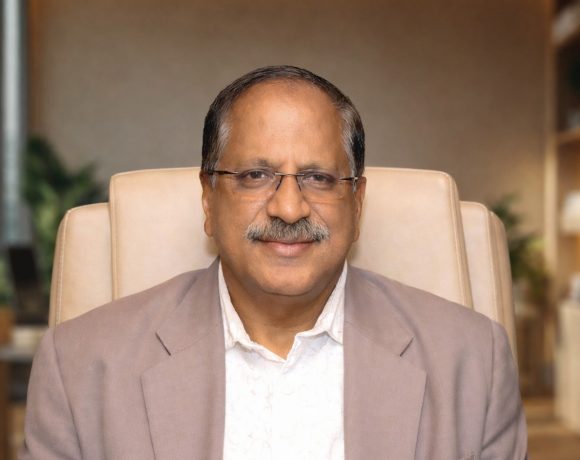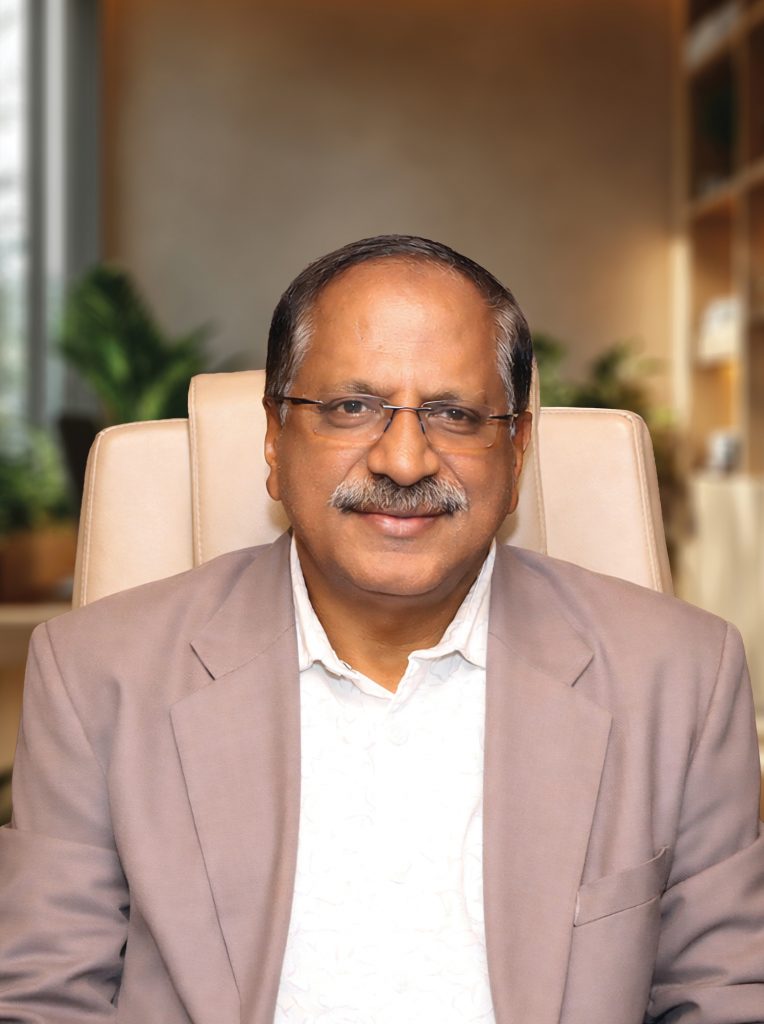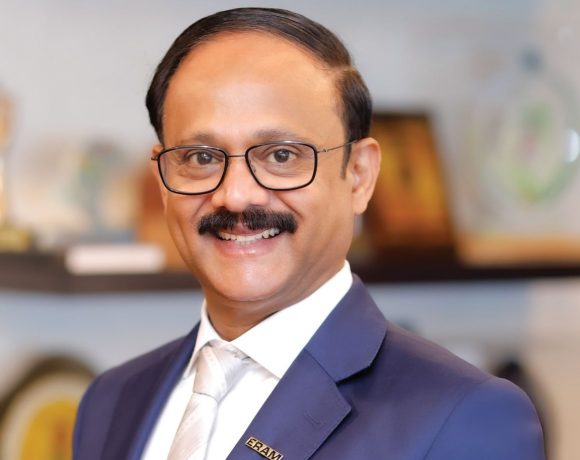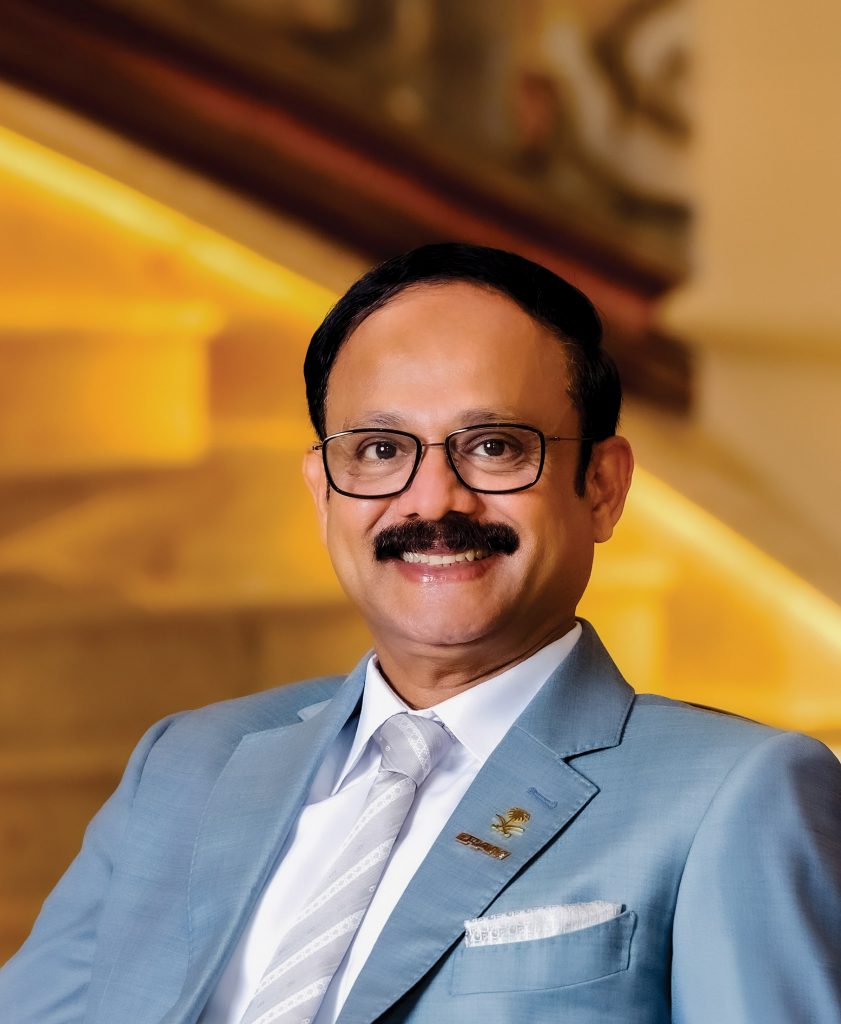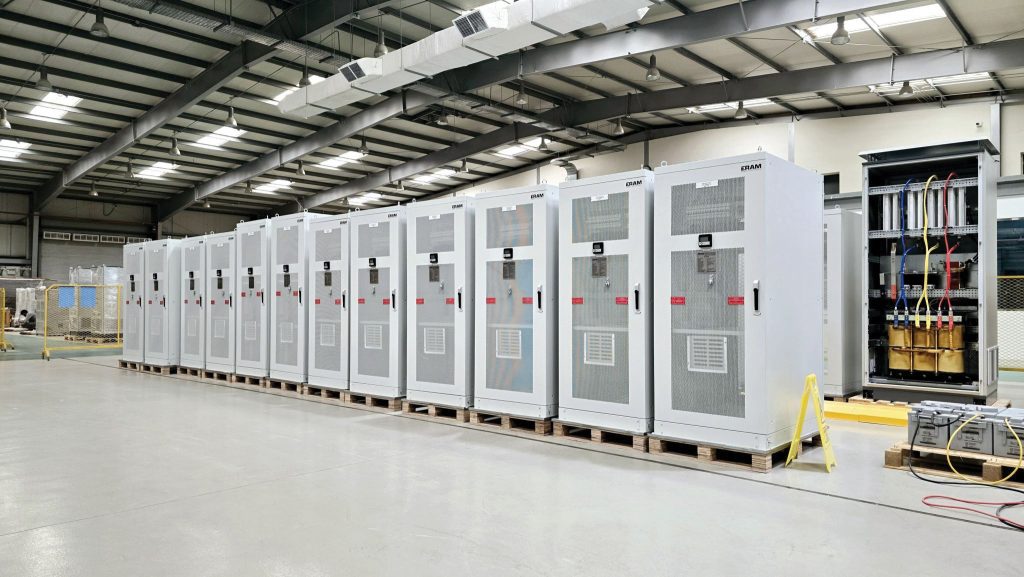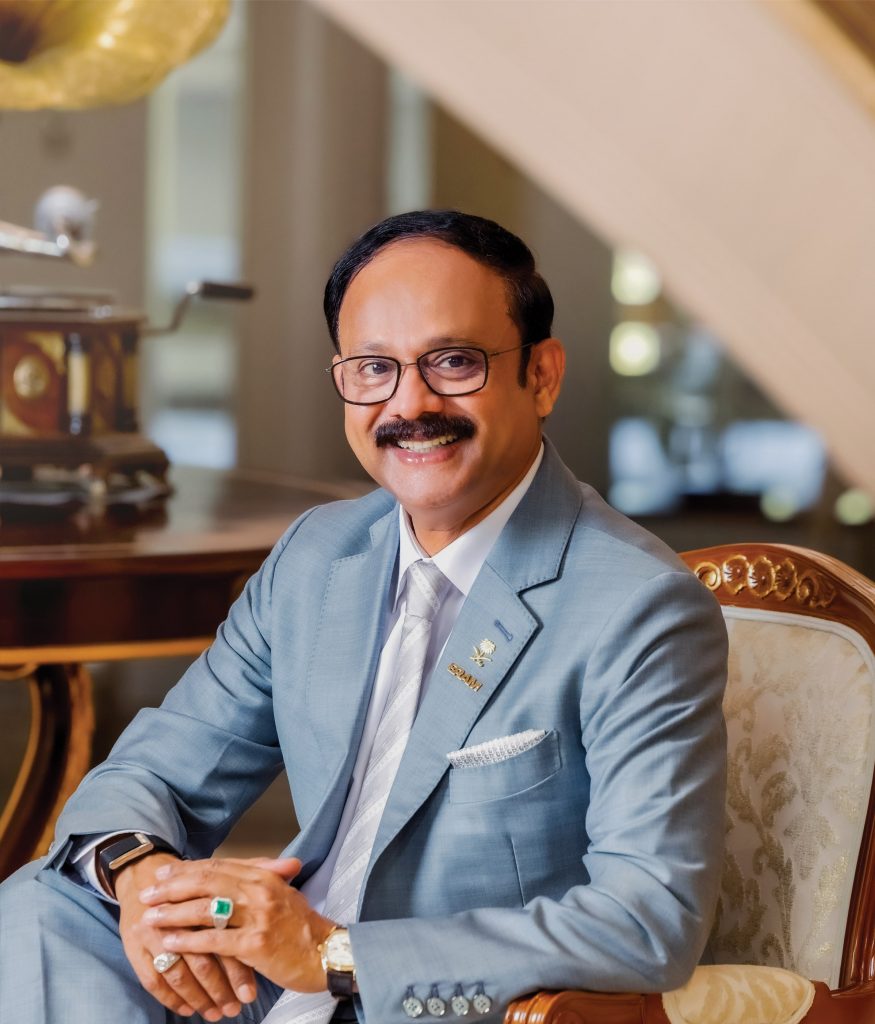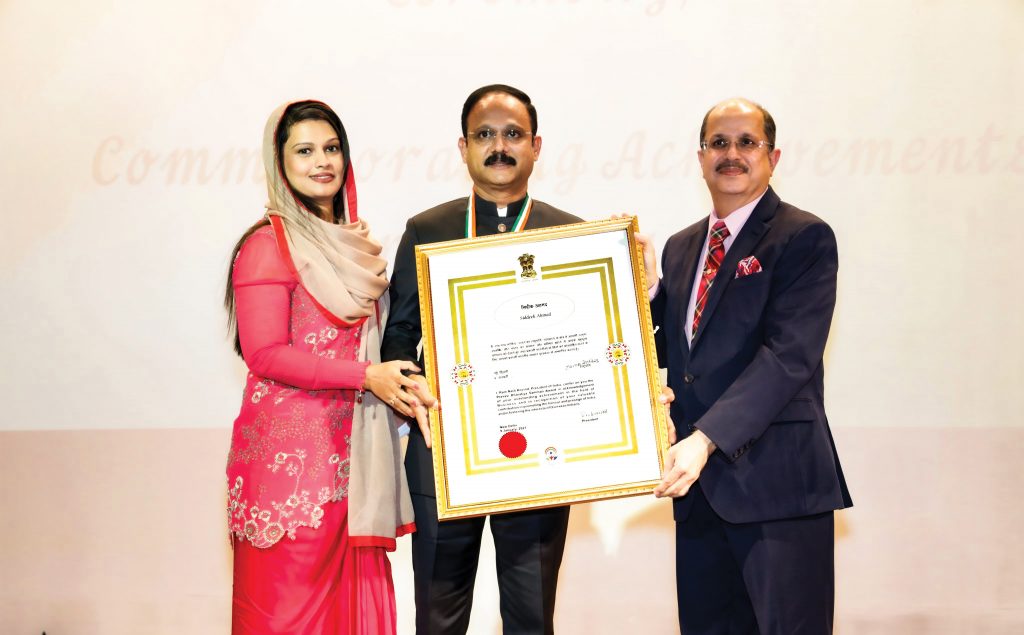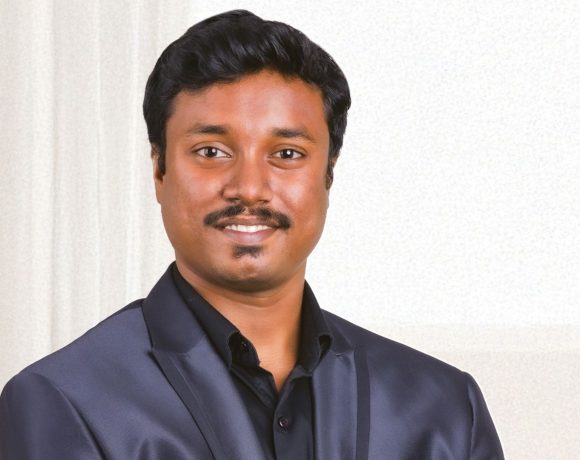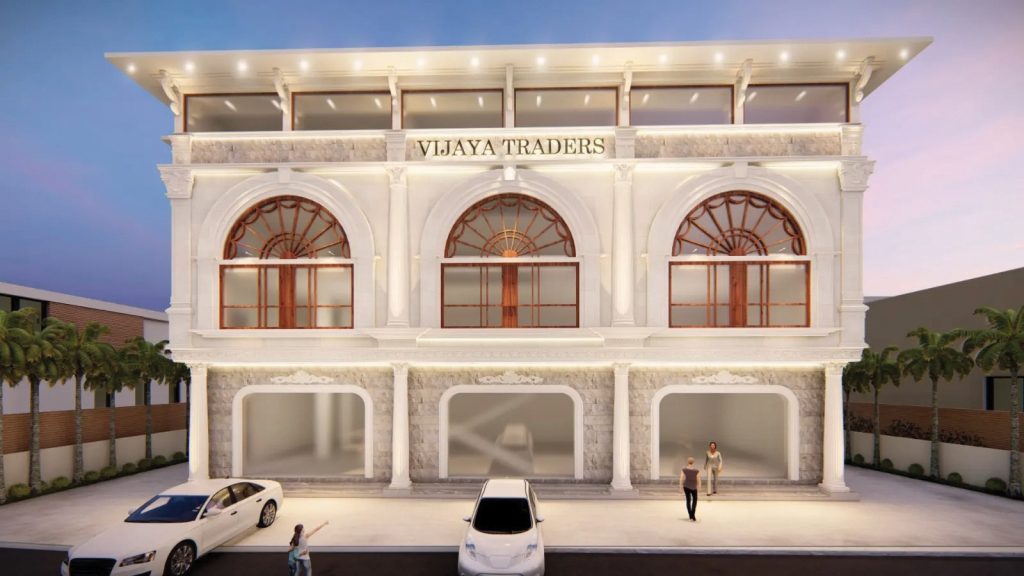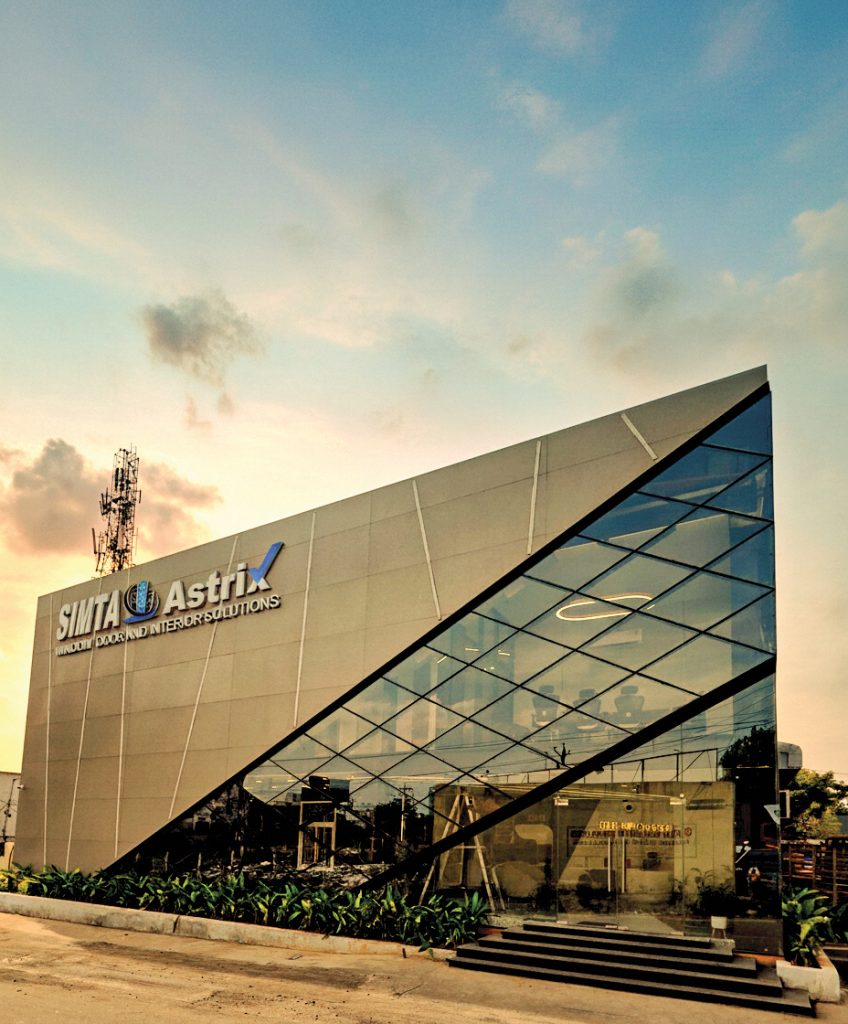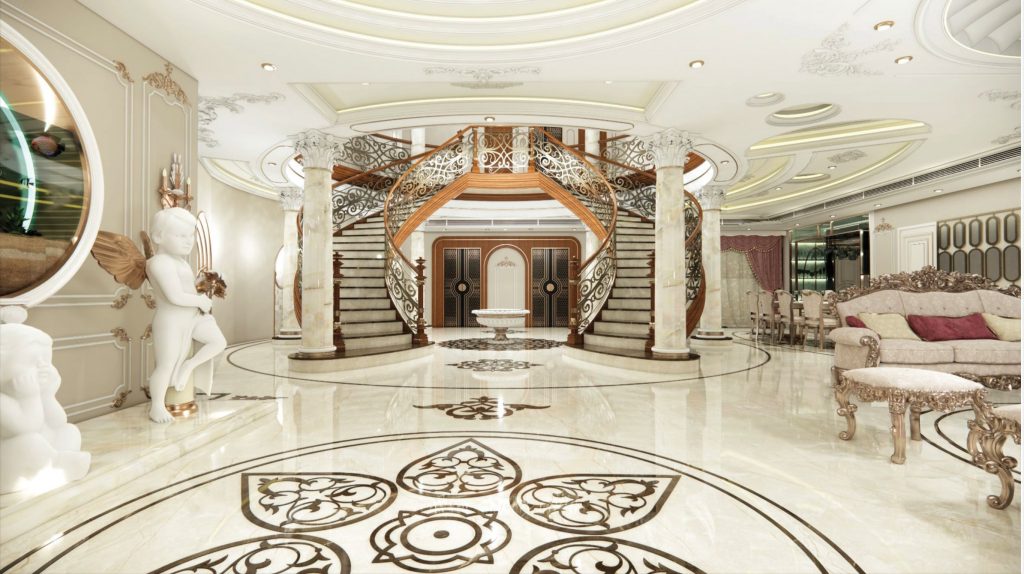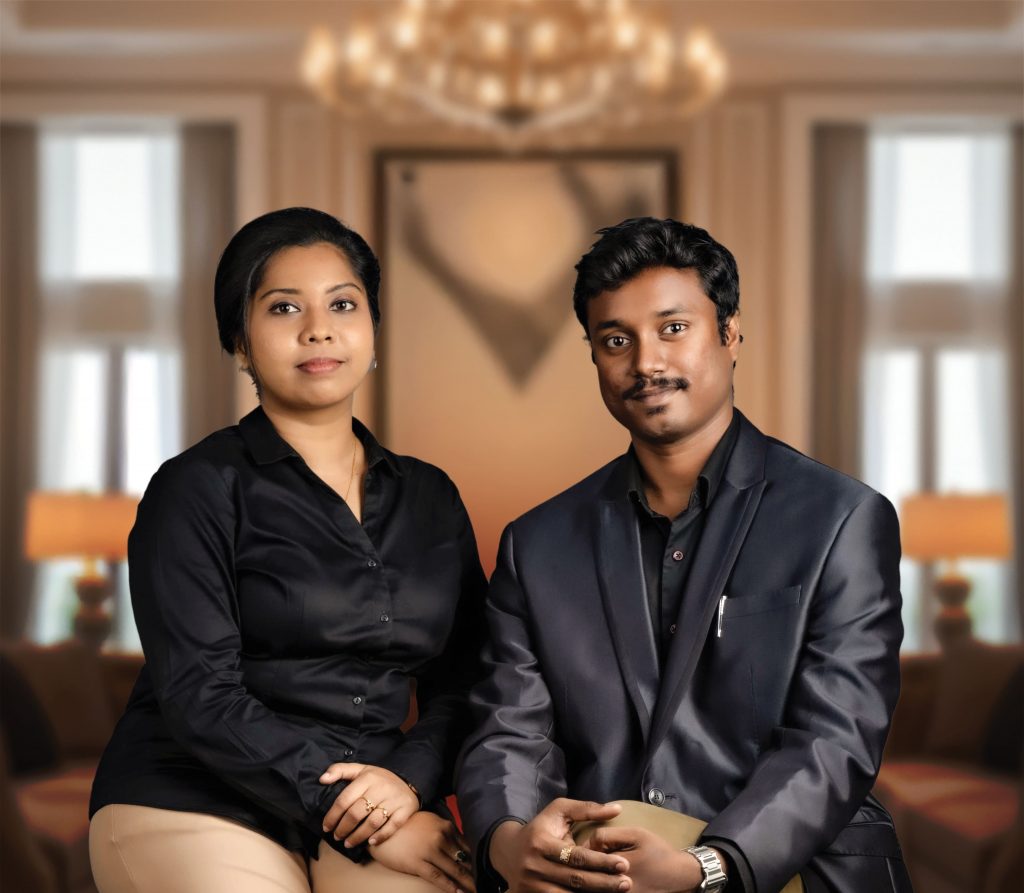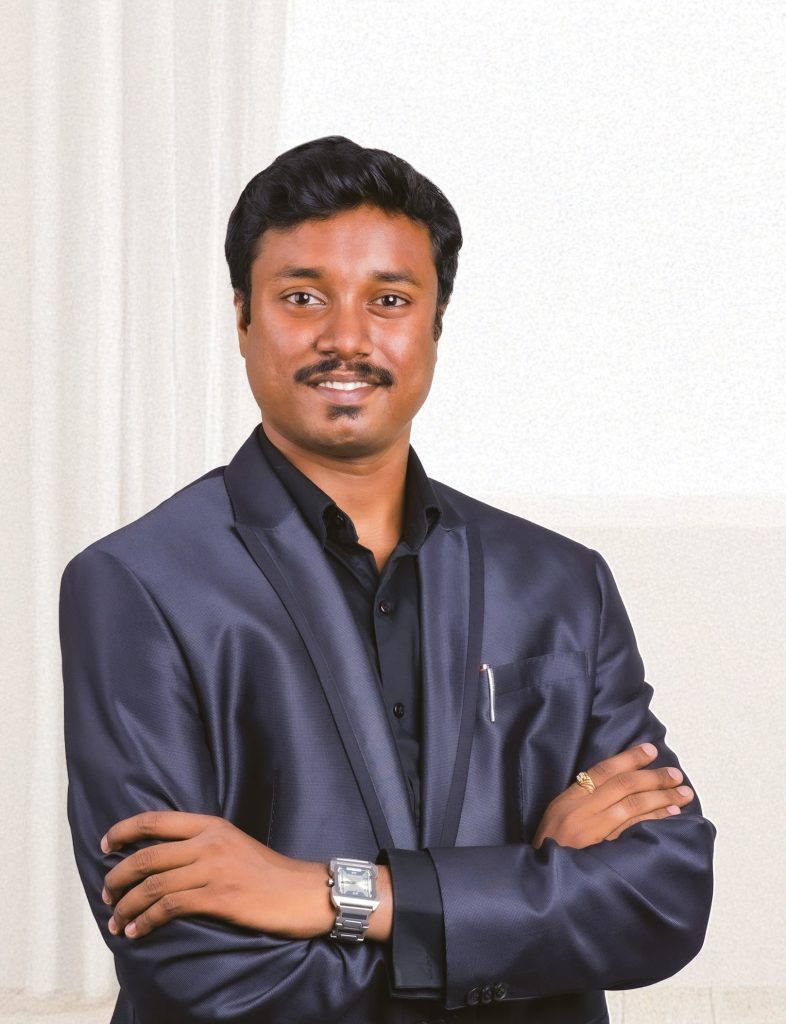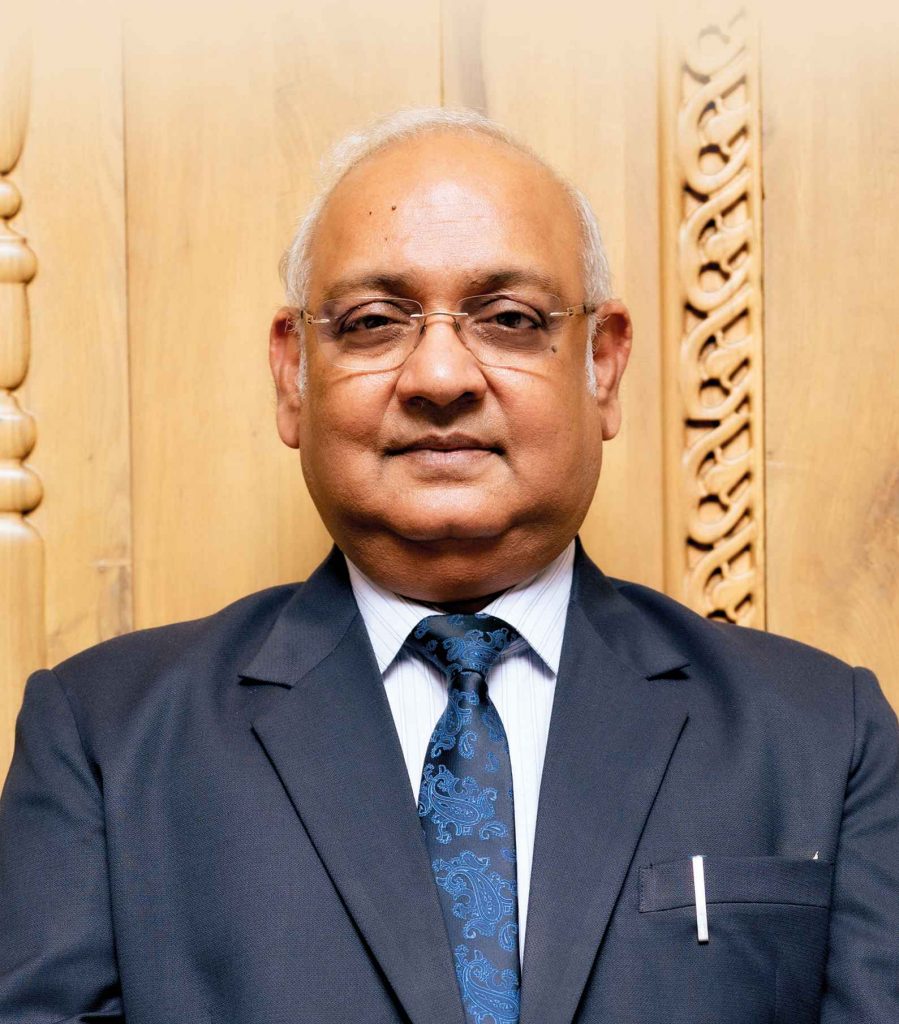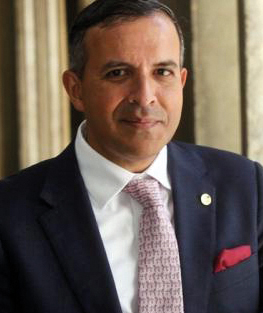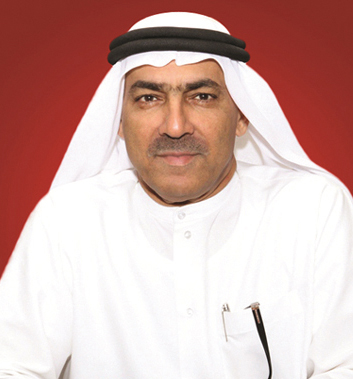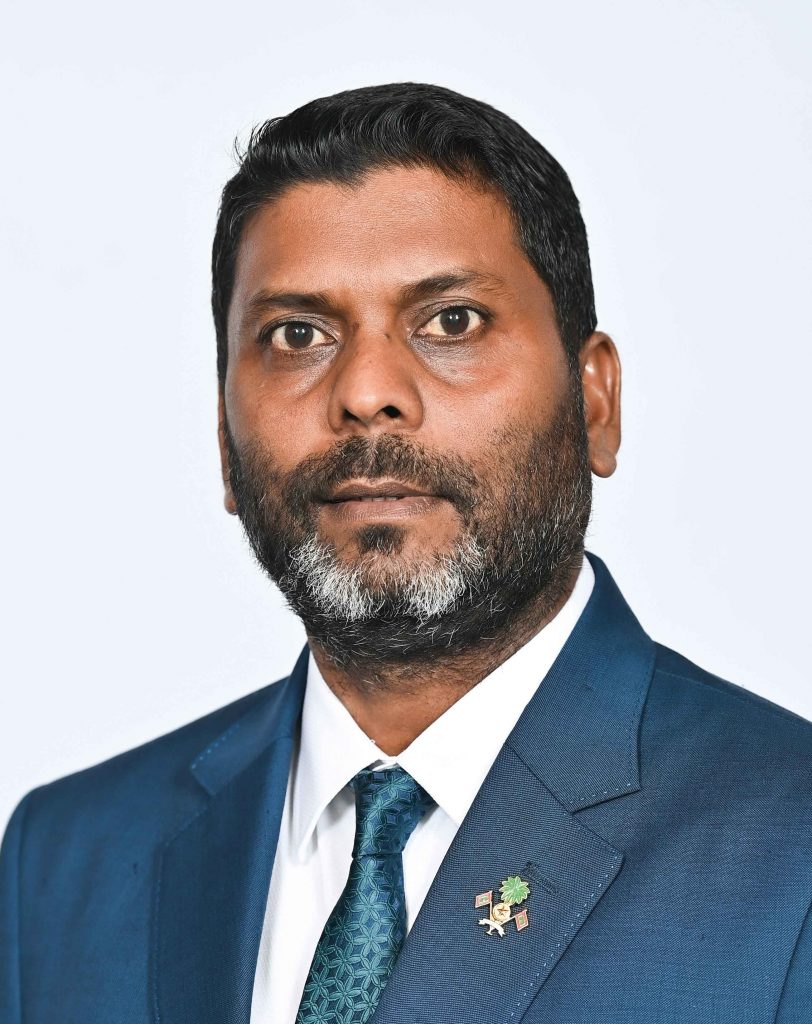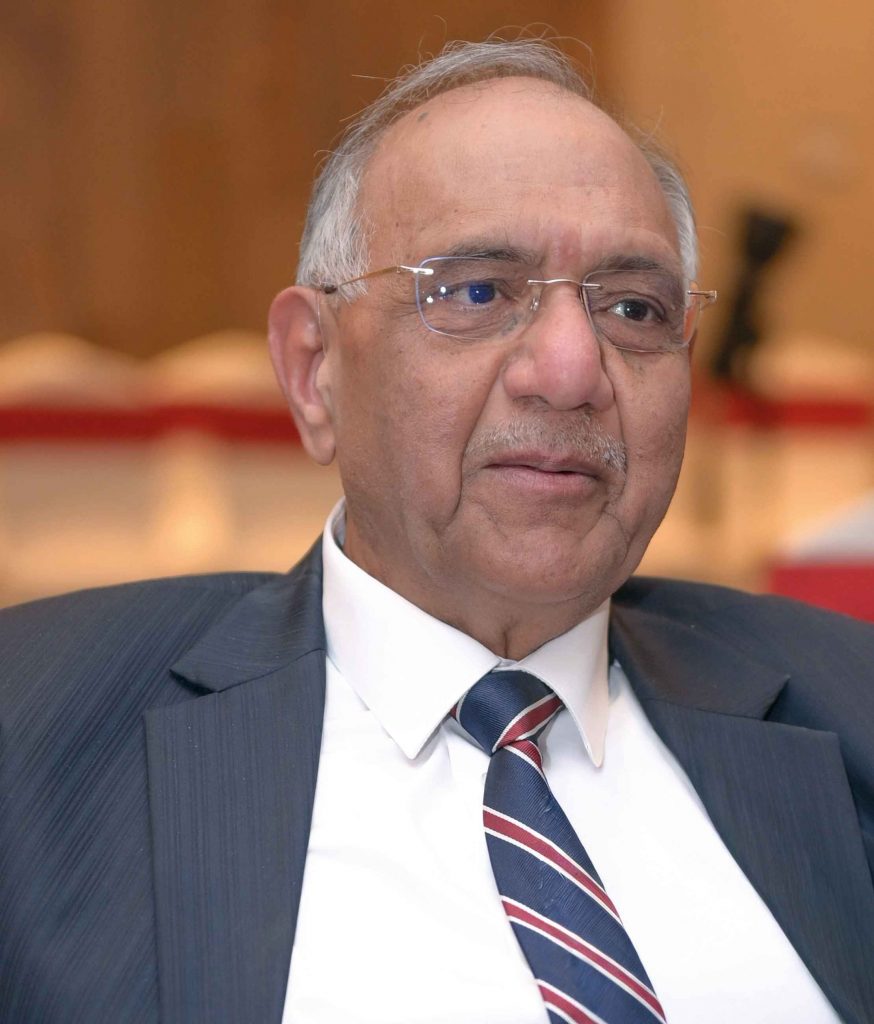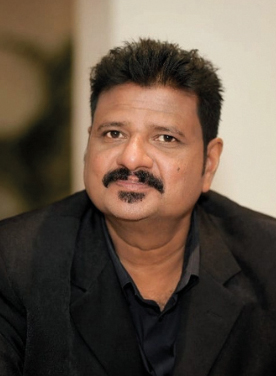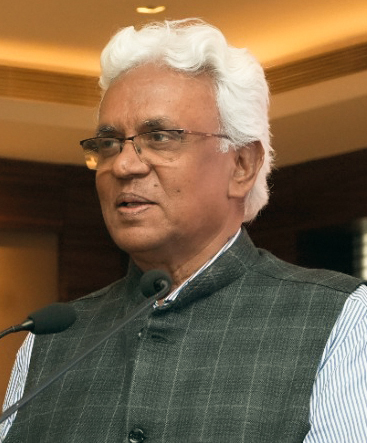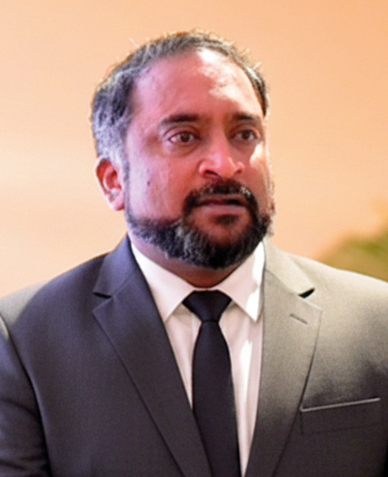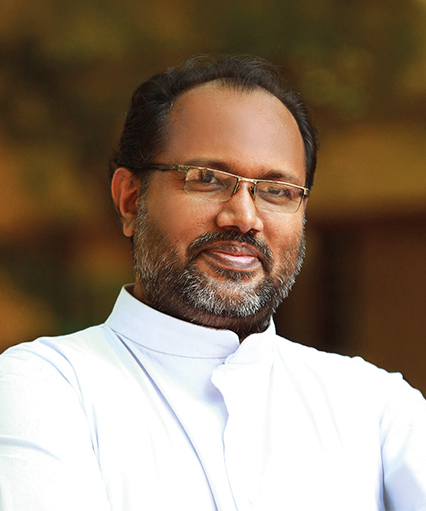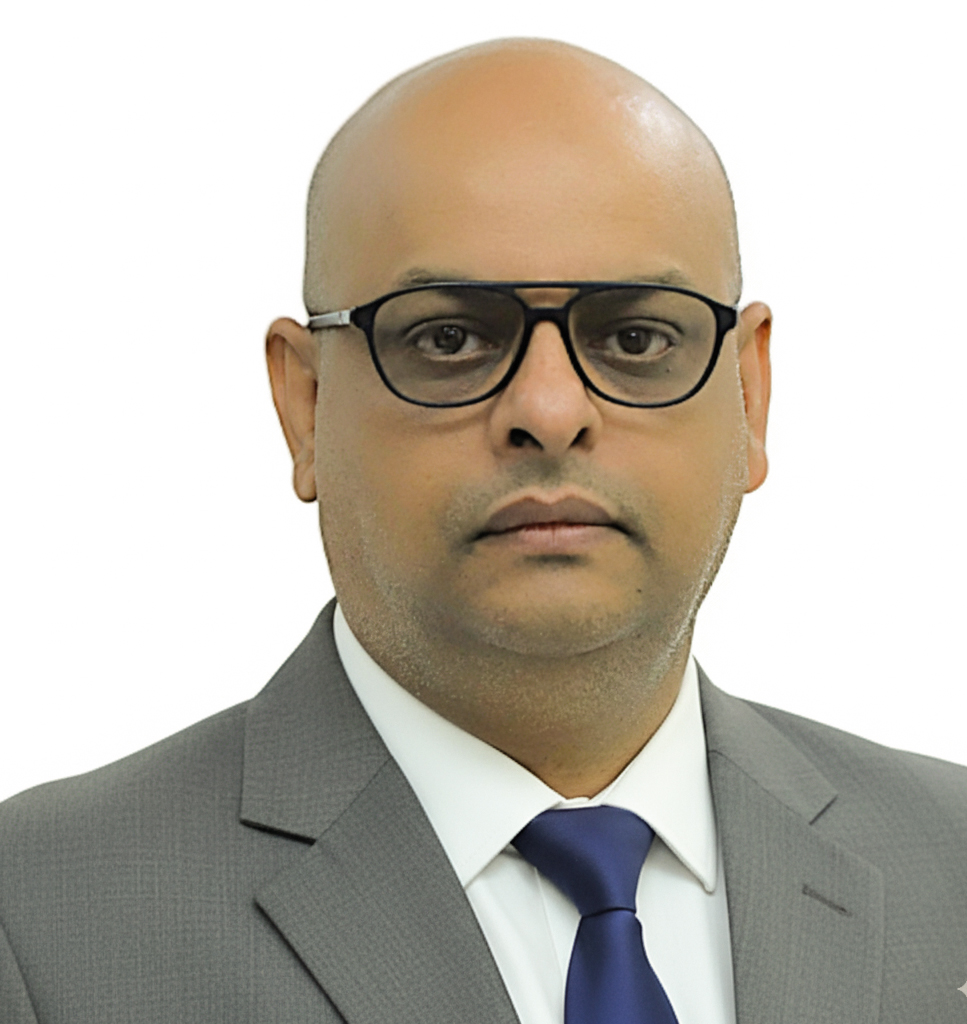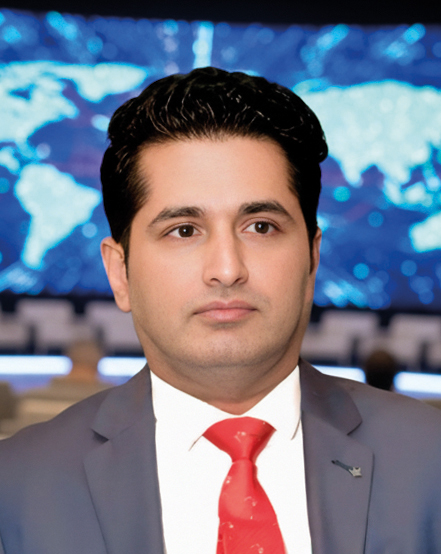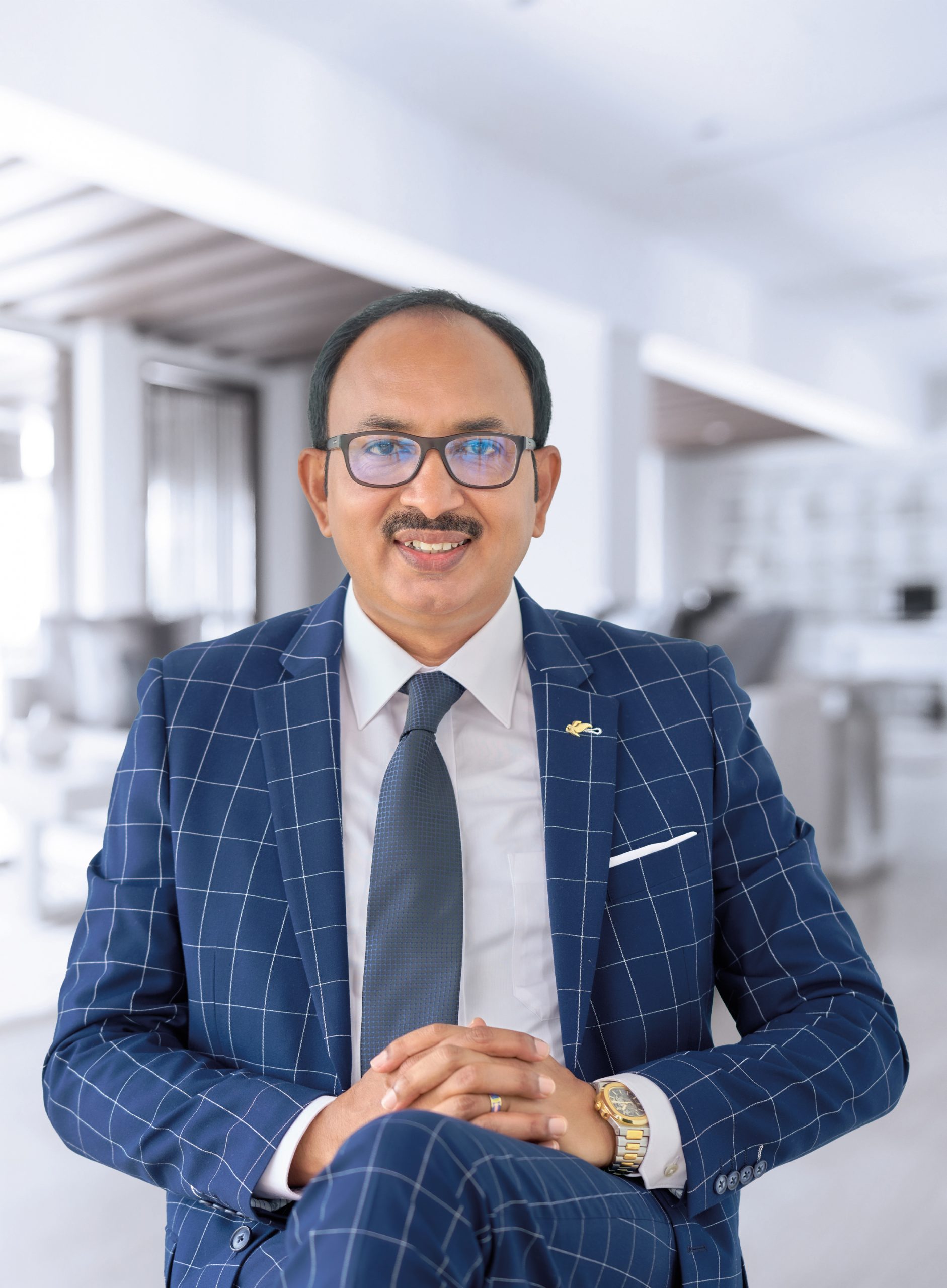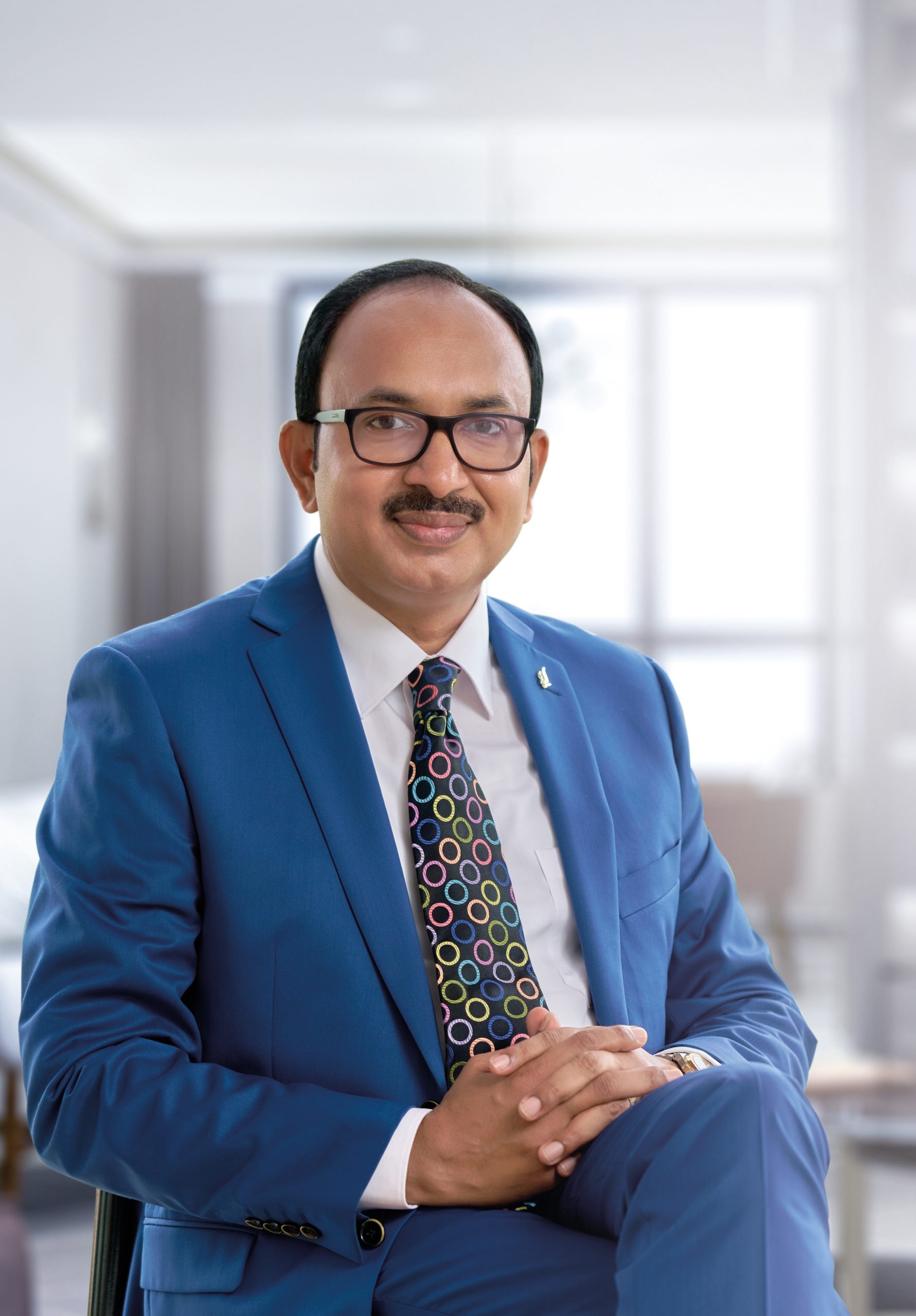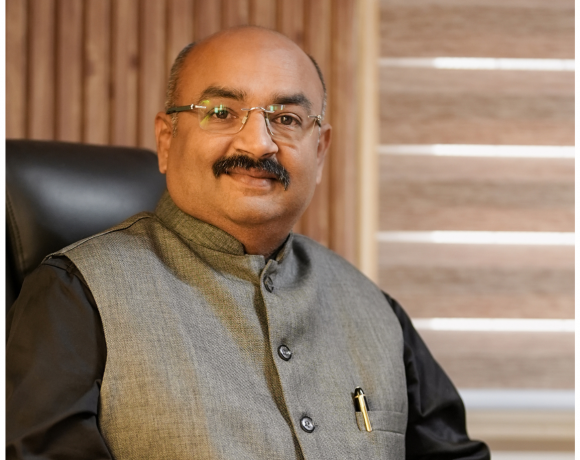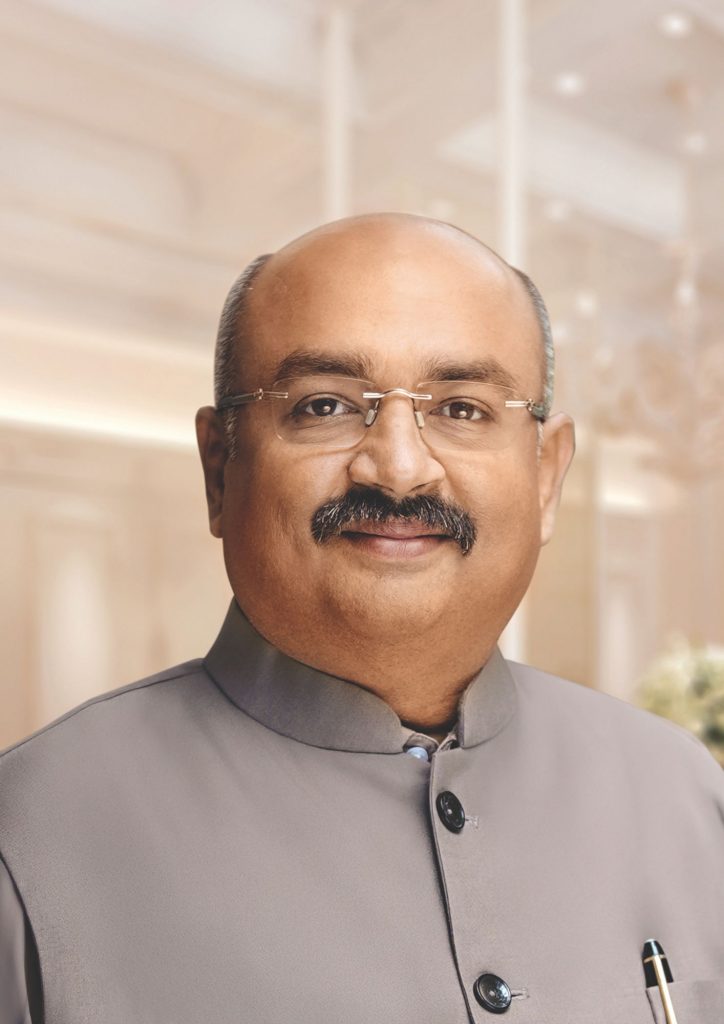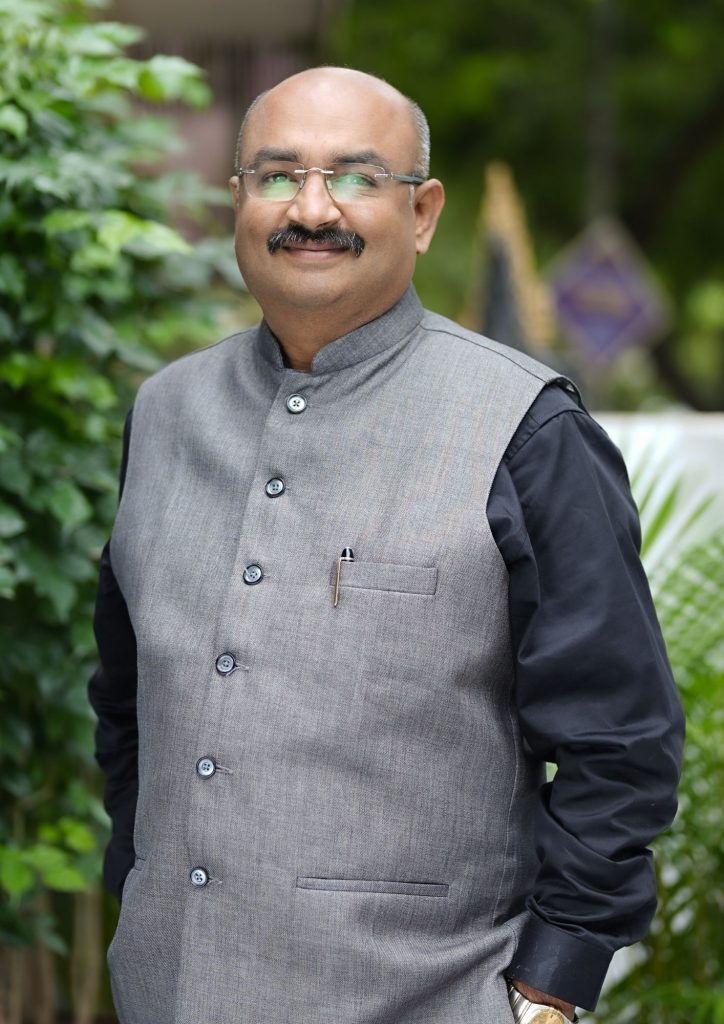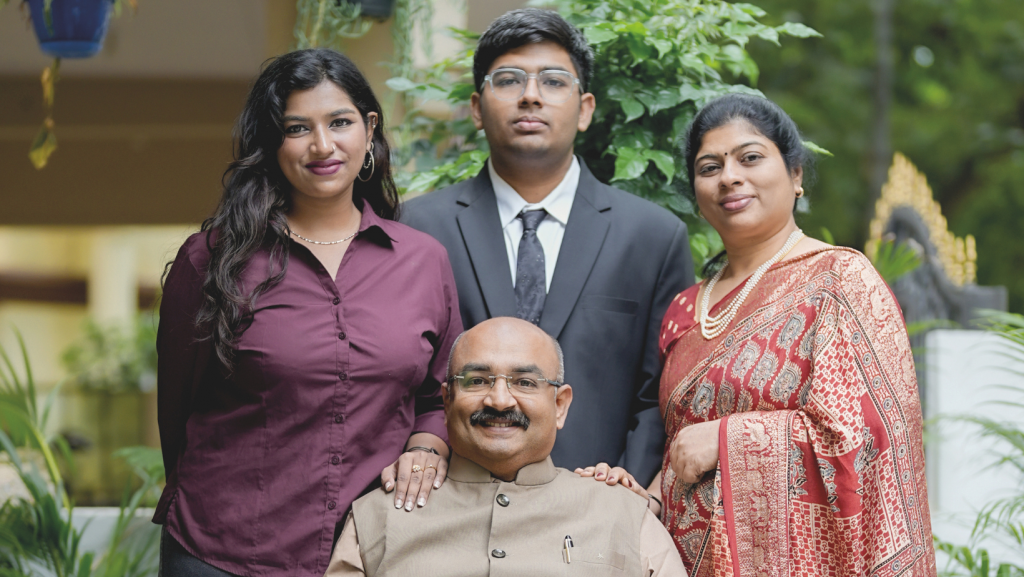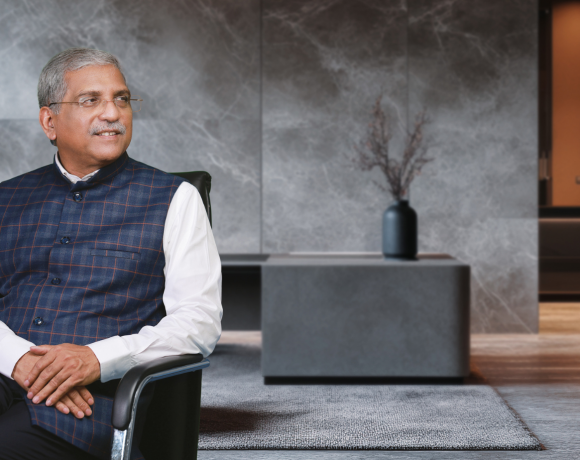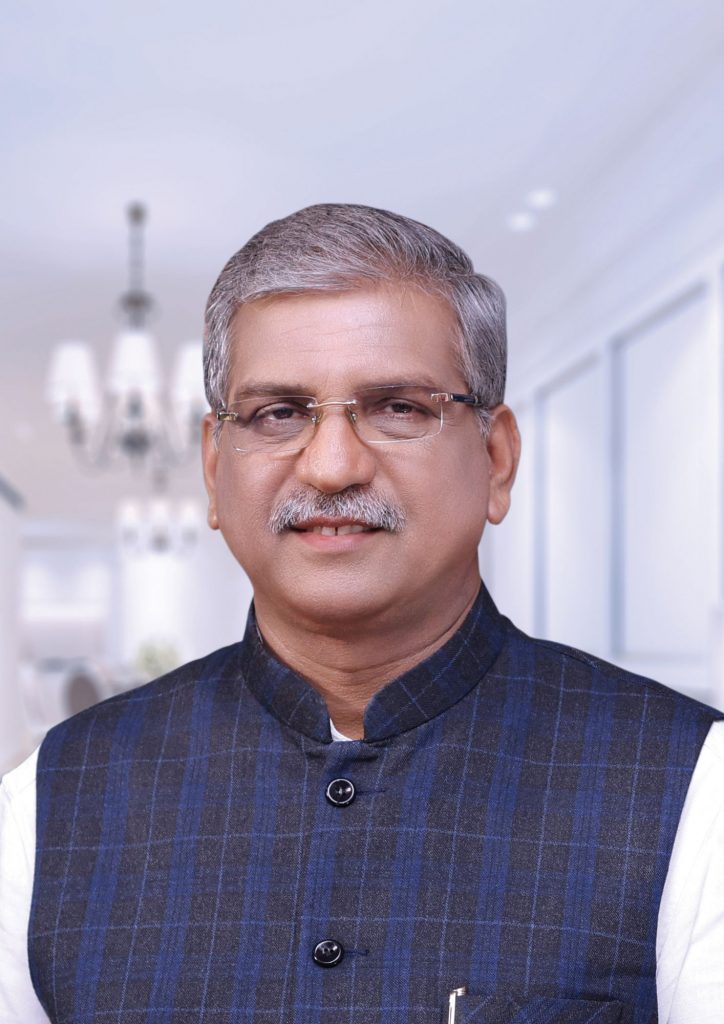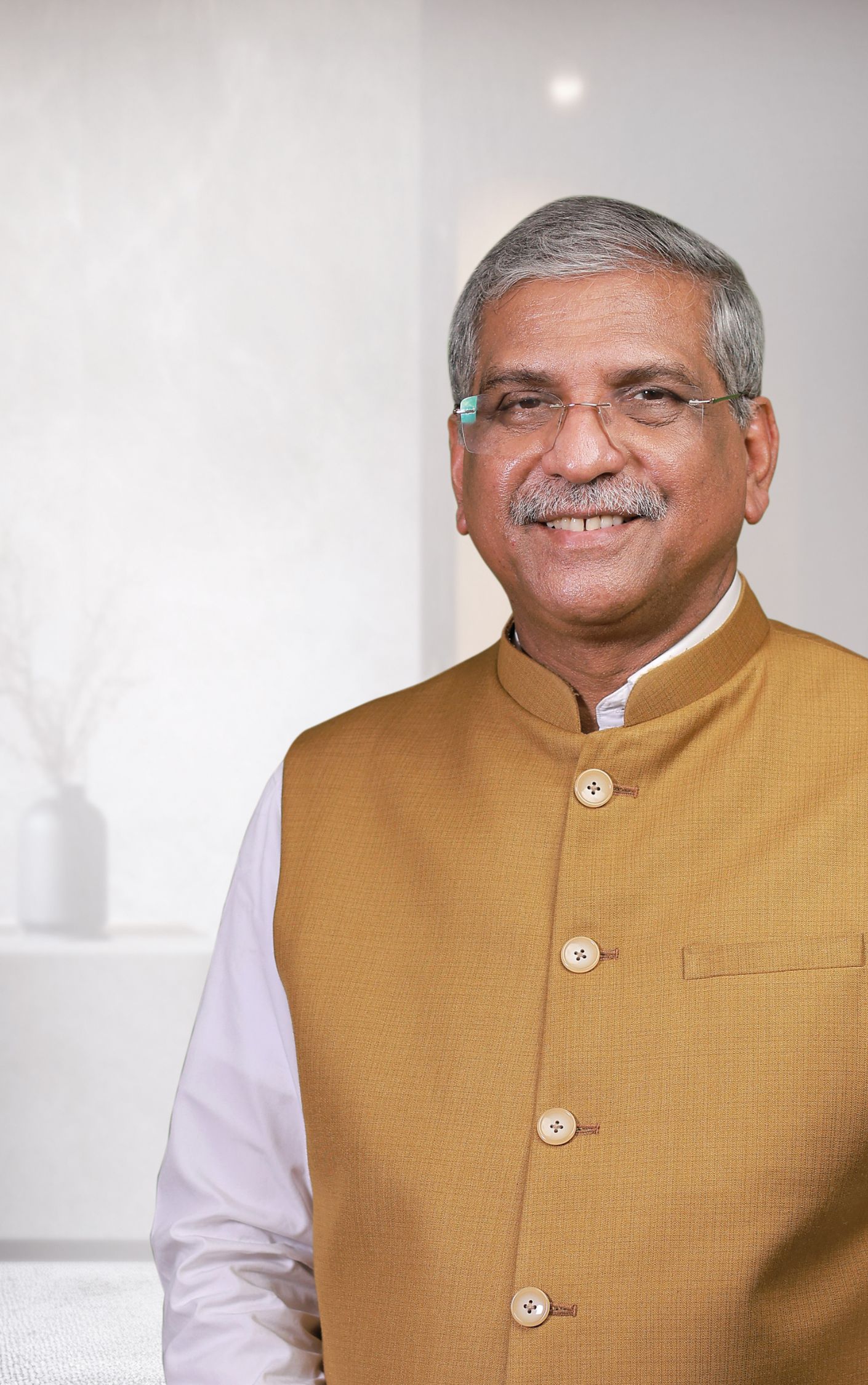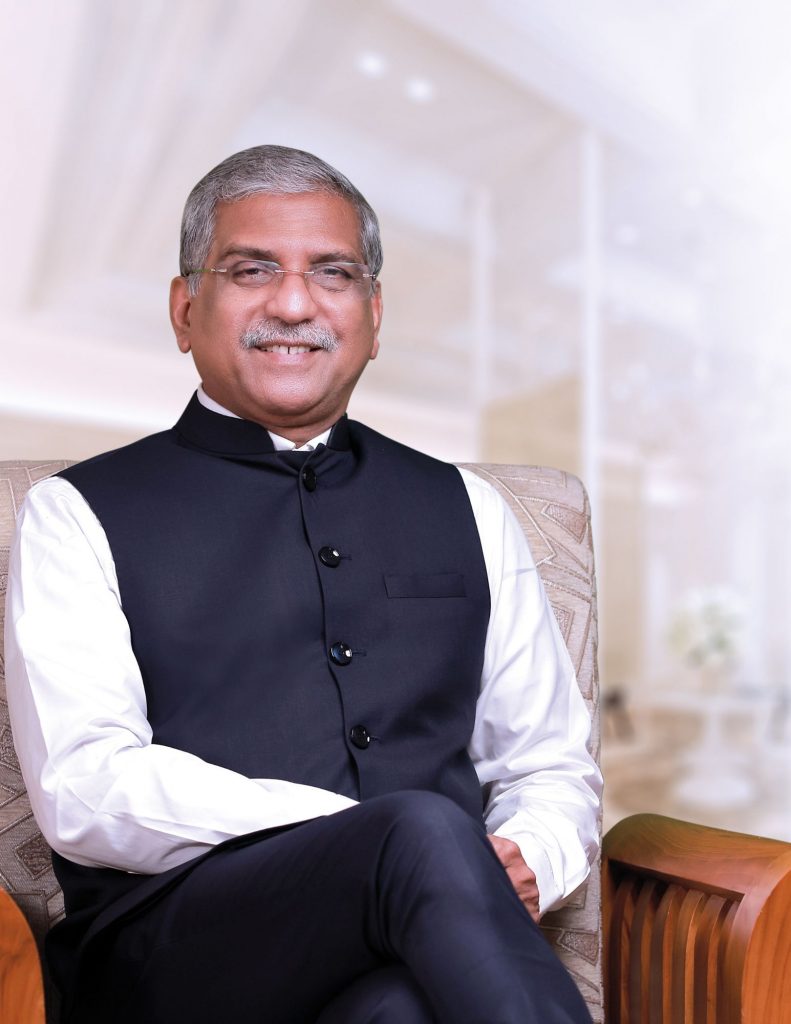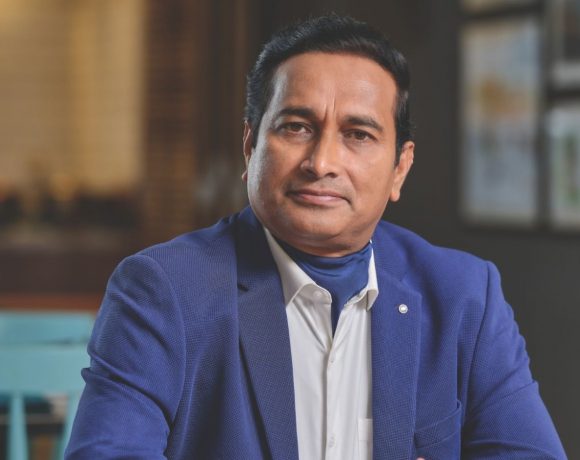
Travel is more than movement across maps — it is a quiet dialogue between people and places, between curiosity and discovery. It has the power to reshape perspectives, build human connections beyond borders, and turn distant dreams into lived experiences. In a world where journeys are often reduced to bookings and schedules, true travel still lies in thoughtful planning, cultural understanding, and the assurance of being cared for along the way.
In a free-wheeling conversation, Benny Panikulangara, Founder and Managing Director of Benny’s Royal Tours Pvt Ltd, speaks about what truly goes into crafting unforgettable experiences in today’s fast-changing travel world. From challenges behind the scenes to the vision driving future journeys, this is a story about passion, purpose, and turning travel into something far greater than a destination — a memory that stays long after the suitcase is unpacked.
Having more than three decades of experience in the travel industry, what first sparked your passion for travel? How did it lead to the founding of Benny’s Royal Tours?
From a young age, I was fascinated by the history of places and driven by a deep desire to explore the world. The travelogues of Malayalam writers SK Pottekkatt and Paul Zacharia shaped my belief that travel is more than movement — it is a journey of culture, stories, and human connections. That inspiration led me toward a career in the travel industry.
Even before the pandemic, I was already working in travel and tourism, running travel companies and staying closely connected to the industry. When global travel stopped, I viewed the situation not just as a disruption, but as a responsibility and a chance to support the sector’s recovery. That period became the turning point that led to the founding of Benny’s Royal Tours Pvt Ltd.
During the pandemic, our work focused on practical support. We introduced quarantine packages that helped stranded travellers return home safely and resume their jobs. Despite restrictions, we also operated several tour groups with careful planning and safety measures, including a trip to Murmansk in the Arctic region of Russia with 68 guests.
In 2021, we were honoured with the Best Tour Operator in India award, recording business volumes exceeding `10 crores during the pandemic. The recognition was an important milestone and encouraged us to continue strengthening our contribution to the travel industry.
We also launched Vision 2030, an initiative to explore all 200 countries worldwide by 2030, with support from ambassadors representing their respective nations. This year, we plan to operate group tours to 140 countries, with the long-term goal of building a strong and lasting presence in the travel industry.
As Paulo Coelho says in The Alchemist, “When you want something, all the universe conspires in helping you to achieve it.” I have truly felt that force guiding my journey — from a curious child to the founder of Benny’s Royal Tours, driven by passion, resilience, and purpose.
From a small venture to an internationally trusted brand, what was the toughest phase in your entrepreneurial journey?
Kerala is a land of passionate travelers, and as the saying goes, you can find Malayalees in every nook and corner of the world. I noticed that many travelers from Kerala were exploring the world individually through solo travel, but there was no dedicated group travel mentor in the industry to guide them toward unique global experiences. Even the most well-traveled individuals usually explore a maximum of 50 countries, while there are nearly 200 countries across the globe. This realization strengthened our belief that travelers need the right guidance and mentorship to truly experience the world beyond the usual routes. This insight led to the birth of Benny’s Royal Tours, branded with a vision to take travelers to unexplored and extraordinary destinations.
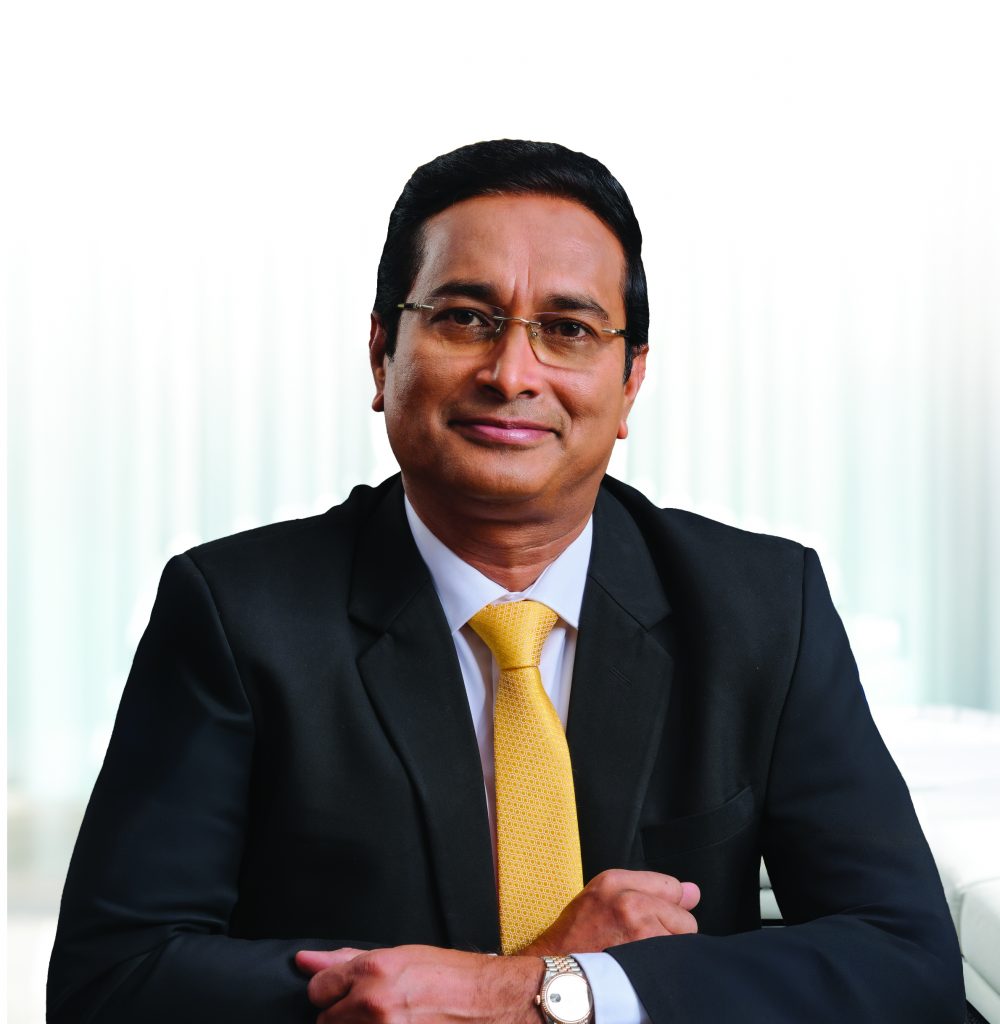
We became the first company from Kerala to visit the Amazon Rainforest and the Galápagos Islands, to land in Antarctica, and to cross both the Arctic and Antarctic Circles by sea. While solo travel may seem simple, managing international group tours—especially to such unique and challenging destinations—was extremely demanding. Each tour required meticulous planning, immense care, and calculated risk management. Above all, ensuring the safety of our guests and delivering consistent quality was crucial to maintaining the trust they placed in Benny’s.
One of the toughest phases of my entrepreneurial journey was building trust while scaling the business. To uphold that trust, I personally traveled with every first group to each unique destination operated by Benny’s Royal Tours. As we grew, maintaining quality and reliability became even more important. To strengthen our operational standards, we obtained ISO 9001 certification from TÜV NORD GmbH, Germany Accredited by Germany’s National Accreditation Body DAkkS. Today, we are proud to say that Benny’s Royal Tours is the first travel company in South India to be certified by TÜV NORD, Germany. In recognition of our outstanding contribution to the travel industry, I was honored with the Travel Mentor Award by the Honorable Tourism Minister Sri. P.A. Mohammad Riyas in 2025 and Travel Icon Award in Tourism from Sri. P. Rajeev, Minister for Law, Industries and Coir during the 24 Channel Business Awards 2025.
Travel trends change constantly. How have you adapted Benny’s Royal Tours to meet the expectations of modern luxury travellers and retirees?
The pandemic reshaped how people view life and travel, reminding many that saving money means little if dreams remain unfulfilled. I noticed that many retirees, though financially capable and eager to explore the world, lacked the confidence, support, and companionship needed to travel.
I realised that majority of the guests are passionate travellers, especially the elderly. The real barrier was not resources, but the need for personalised care, reassurance, and trust. In response, we shifted our focus to unique destinations, personalised itineraries, and thoughtfully paced journeys—particularly for retirees and luxury travellers—with a strong emphasis on comfort, hygiene, emotional reassurance, and individual needs.
We also formed a dedicated support team to provide special attention to elderly and solo female travellers, ensuring they feel safe, valued, and fully supported. For us, travel is not just about destinations; it is about creating secure, meaningful, and joyful experiences for every individual.
This year, we have also launched a separate division dedicated to corporate incentive travel and MICE tours, along with curated luxury travel experiences, offering 24×7 personalised service to meet the dynamic needs of corporate and high-end clientele. Now, we are happy to share that Benny’s is the leading premium travel company in Kerala, delivering high-quality services to our valued customers.
You’ve led tours to all seven continents, including Arctic and Antarctic expeditions. Which destination has challenged you the most, and why?
Among all the destinations I’ve explored, Antarctica stands out as the most challenging and unforgettable. Crossing the Drake Passage is a thrilling, unpredictable test of endurance, and expeditions to the Arctic push us further with extreme weather, complex logistics, strict safety protocols, and physical demands, especially with large groups.
These challenges make the achievements more meaningful. Today, we are among the rare Indian travel companies conducting both Antarctic and Arctic expeditions, and one of my proudest milestones is leading the largest group from India to set foot on Antarctica.
Our exploration continues with a planned journey to Oymyakon this March with 15 travellers — possibly one of the first such expeditions from India. Beyond the polar regions, we’ve also operated tours to all Seven New Wonders of the World, the Seven Wonders of the Ancient World (that are historically accessible), and all Seven Natural Wonders of the World — reflecting our commitment to turning extraordinary dreams into reality.
What makes a journey “royal” in your definition — comfort, customisation, emotional experience, or something else?
A royal journey is not defined by luxury alone — it is defined by the care we extend to every valued guests. True royalty in travel lies in the experience of being understood, supported, and thoughtfully looked after at every step.
We design each tour around the unique interests and preferences of our travellers, offering personalised attention, clean and hygienic accommodations, comfortable transportation, and carefully selected dining experiences. Our dinners are often hosted in quality hotels and enriched with traditional cultural elements and authentic local cuisine, allowing guests to connect deeply with the culture of the destinations.
Every itinerary is meticulously planned to be smooth, stress-free, and inclusive of all must-see attractions, ensuring that travellers can focus on enjoying the journey rather than worrying about logistics. Guided by knowledgeable and compassionate tour managers, our guests feel secure, respected, and emotionally at ease throughout the trip. When travel is guided by such thoughtful care, comfort, and human connection, the journey naturally becomes royal.
What is one travel myth people believe that you wish to change?
I’ve often felt one of the biggest travel myths is the belief that life can be enjoyed later. Many parents spend their lives putting children and family first, convincing themselves that travel and personal happiness can wait. Most of their earnings go toward securing their children’s future, leaving little for their own dreams. Many never had a true honeymoon or a journey taken purely for joy.
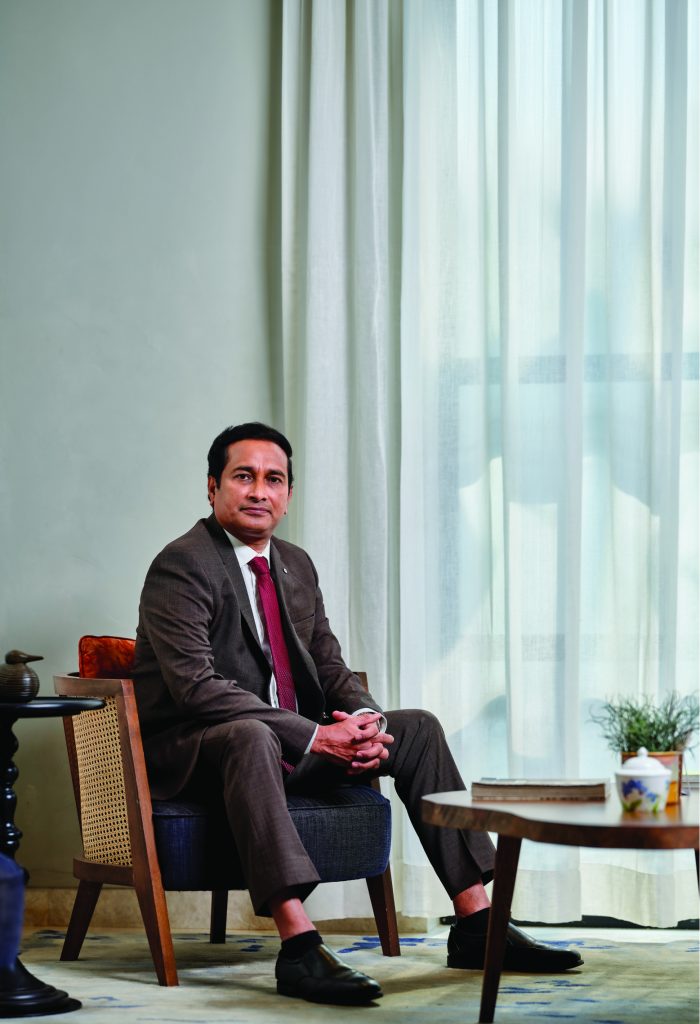
By the time responsibilities ease, time has already moved on. Age, health concerns, and fatigue take over, and travel dreams remain incomplete. Many never see the world or experience freedom while they are still young enough to fully enjoy it — a quiet sacrifice that often goes unnoticed.
In many Western cultures, travel and holidays are viewed as essential to a balanced life. People intentionally take time to explore, recharge, and embrace new experiences without guilt. We are still learning to see stepping away from routine to refresh the mind and soul as necessary, not selfish.
The pandemic shifted perspectives. It reminded parents that life is fragile and moments aren’t guaranteed. Gradually, some have begun choosing memories over postponement and journeys over “someday.”
As Saint Augustine said, “The world is a book, and those who do not travel read only one page.” Travel isn’t about age or distance — it’s about allowing ourselves to live fully, feel deeply, and gather stories before time turns them into regrets.
With increasing digital booking platforms, why do you think personalised travel planning still matters?
Personalised travel planning still matters because travel is more than just booking flights and hotels. Digital travel platforms are not yet widely accepted in the mindset of many guests. Travellers, especially those visiting with their families, are often hesitant to take risks with their holidays. While digital platforms offer convenience, they cannot truly adapt to individual interests, comfort levels, cultural expectations, or emotions.
When something goes wrong, travellers do not want automated responses; they want a reassuring human voice that understands their concerns and genuinely cares. This personal connection, built on trust and empathy, is something technology can never fully replace.
What has been your proudest moment as a travel entrepreneur so far?
Our journey has been marked by several proud milestones. Among the most remarkable was operating the largest leisure group from India to Antarctica, and setting foot on the Antarctic mainland twice with the largest expedition group from South India — achievements that reflect both trust and capability in handling extreme destinations.
We have also successfully led tours to around 120 countries, including pioneering expeditions from Kerala to the Amazon Rainforest and the Galápagos Islands, opening doors to some of the world’s most extraordinary ecosystems for our travellers.
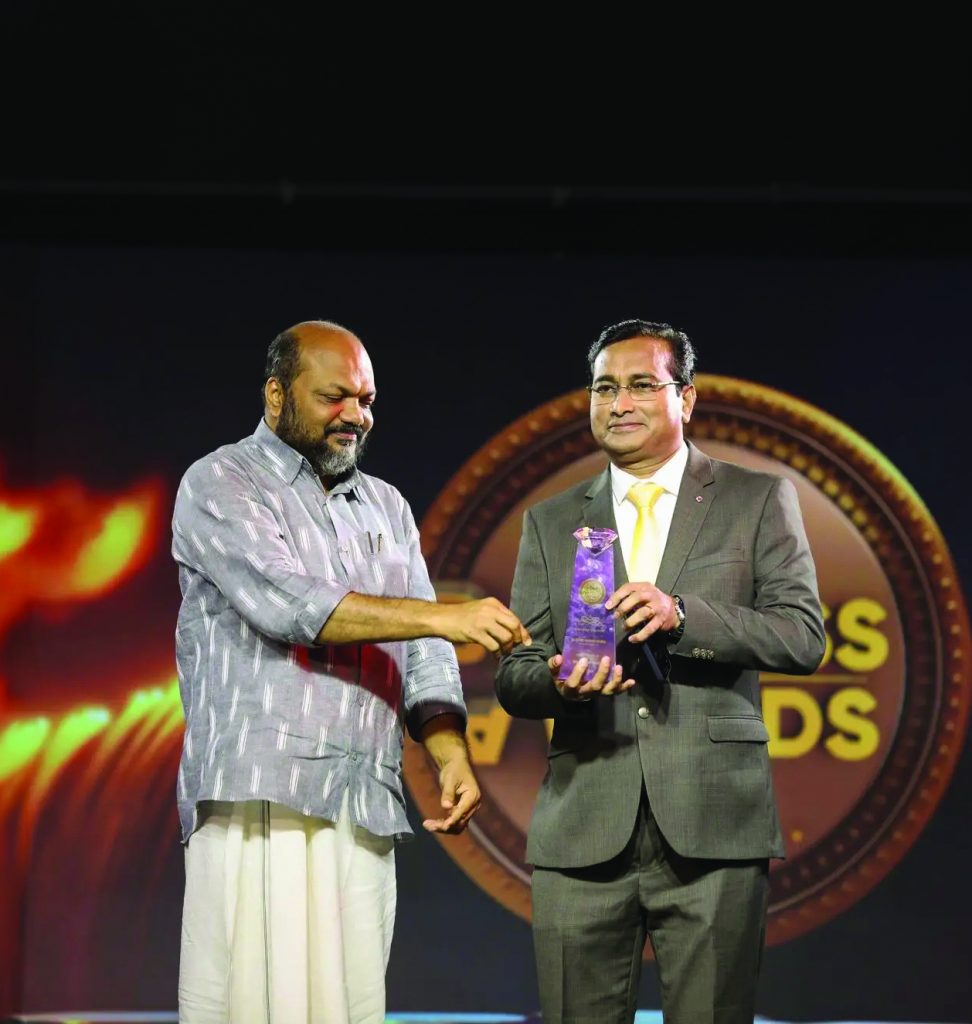
Receiving the Travel Icon Award in Tourism from P. Rajeev, Hon’ble Minister for Law, Industries & Coir, at the 24 Channel Business Awards 2025
On a personal level, it was a proud moment to be selected as a delegate of the Confederation of Indian Industry (CII), New Delhi, representing Indian tourism in Mauritius and Madagascar — a responsibility that highlighted our contribution to the global travel dialogue. Additionally, I had the honour of being chosen to represent Indian Tourism with the Ministerial Delegation led by H.E. Dr. Patrick Herminie, the President of Seychelles, Hon. Mrs. Amanda Bernstein, Minister of Tourism, Republic of Seychelle and Mr. Pierre Laporte, Minister for Finance Seychelles in New Delhi at the Confederation of Indian Industry (CII) Business Meeting held on 07th February at Taj Mahal Palace Hotel, Mumbai.
Today, we are also proud to be among the rare travel companies in India to have successfully covered all the New Seven Wonders of the World, the existing Seven Wonders of the Ancient World and all Seven Natural Wonders of the World — turning iconic global landmarks into real experiences for our travellers.
Your company is known for specialised and high-end tours. How do you balance luxury with authenticity in travel experiences?
Luxury without authenticity feels incomplete. While comfort is important, I believe true travel should also create a deep connection with the culture, people, and spirit of a destination. For me, real luxury is not defined only by five-star hotels, but by meaningful experiences, genuine local interactions, and moments that stay with travellers long after the journey ends.
What is your long-term vision for Benny’s Royal Tours in the next 5–10 years?
Our long-term vision at Benny’s Royal Tours is to help travellers explore 200 countries by 2030, bringing the world closer to every adventurer we serve. Looking ahead, we aspire to establish Benny’s Royal Tours as a globally recognised travel brand, with a turnover exceeding `1,000 crore, while setting new benchmarks in luxury, personalised, and culturally immersive travel experiences.
Through continuous innovation, sustainable practices, and exceptional care for our guests, our mission is to make every journey not merely memorable, but truly transformative — experiences that enrich lives, broaden perspectives, and create lifelong stories.

Your wife, Anna Shery Benny, is also part of Benny’s Royal Tours. How has working together as life partners and business partners shaped the company’s values and the way you design travel experiences?
My wife, is an integral part of Benny’s Royal Tours. Working together as life partners as well as business partners has shaped the very heart of our company. Shery complements me in every way — balancing my shortcomings, offering spiritual strength, and standing as a constant source of prayerful support. In many ways, she is the quiet force and guardian presence behind every success in my life.
Her influence brings balance, compassion, and strong values into the organisation. Because of her presence, Benny’s Royal Tours is not just a business; it is a reflection of our shared beliefs in care, faith, integrity, and service. These values naturally guide the way we design travel experiences, ensuring every journey is handled with warmth, responsibility, and genuine concern for every traveller who places their trust in us.
After designing dream holidays for thousands, what does your own perfect vacation look like? Do you ever truly “switch off” from work while travelling?
I never switch off completely while travelling, as the smooth functioning of the company and the comfort of our travellers always remain my priority. Still, I make sure to find moments for myself — especially to learn about new destinations and experiences.
For me, travel is not just work; it’s a true passion. I enjoy meeting people, building relationships, and exploring new possibilities. Even when challenges arise, the joy of creating something meaningful and new makes the journey truly worthwhile.
Visit: http://www.bennysroyaltours.com
Pic Courtesy: pegasus/ images are subject to copyright

